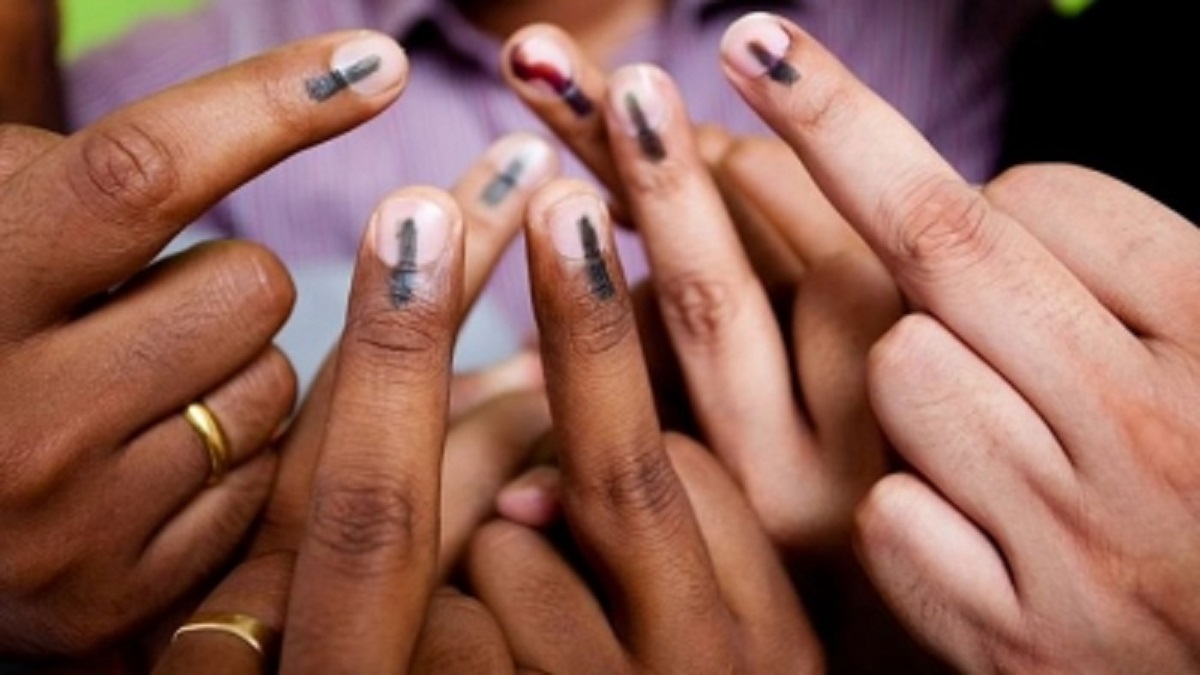The triple test — which requires the government to complete three tasks for finalisation of reservation to Other Backward Classes (OBCs) in the local bodies — has often become a bone of contention between the judiciary and state governments.
Most recently, Uttar Pradesh moved the Supreme Court against the Allahabad High Court order, which asked it to proceed with urban local body elections without reservation for OBCs.
Advertisement
The high court noted that the government is yet to fulfil the triple test requirement laid down by the Supreme Court for such reservation. In the past, the triple test had haunted the Maharashtra government, which pursued a rigorous legal battle in the apex court, and also troubled the Madhya Pradesh government.
On December 15, 2022, the Supreme Court granted the Karnataka government time till March 31, to complete the finalization of OBCs political representation in local bodies.
After this development, it is expected that there would be further delay in local bodies polls, which includes Bruhat Bengaluru Mahanagara Palike (BBMP) whose term had expired in September, 2019.
The Supreme Court outlined the triple test in the case of Vikas Kishanrao Gawali vs. State of Maharashtra and others, in a judgment on March 4, 2021.
In this case, the apex court had said that the triple test/conditions required to be complied by the state before reserving seats in the local bodies for OBCs has not been done so far.
The triple test includes:
a) setting up a dedicated commission to conduct contemporaneous rigorous empirical inquiry into the nature and implications of the backwardness qua local bodies, within the state;
b) specifying the proportion of reservation required to be provisioned local body wise in light of recommendations of the commission, so as not to fall foul of over-breadth; and
c) in any case, such reservation shall not exceed aggregate of 50 per cent of the total seats reserved in favour of SCs/STs/OBCs taken together.
The Allahabad High Court quashed the notification issued by the Uttar Pradesh government on December 5 for reservation of OBC in urban local body elections. The seats, other than SC/ST, would be treated as general.
The high court noted that the apex court had stated that state legislations cannot simply provide uniform and rigid quantum of reservation of seats for OBCs in the local bodies across the state, that too, without a proper inquiry into the nature and implications of the backwardness by an independent commission about the imperativeness of such reservation.
The high court pointed out: “In Vikas Kishanrao Gawali, the Supreme Court has also outlined that such inquiry into the nature and implications of backwardness cannot be a static arrangement; rather it must be reviewed from time to time so as not to violate the principle of over-breadth of such reservation.”
The high court added that any inquiry or study into the nature and implications of the backwardness qua local bodies necessarily involves ascertainment of representation in the local bodies from among the citizens forming traditionally disadvantageous classes.
It said such exercise cannot be confined to counting of heads alone as is being done through an exercise which is being undertaken by the state in terms of the Government Order dated April 7, 2017.
This order entailed conducting a rapid survey in each constituency of a municipality for determining the population of OBCs, where seats were reserved in proportion to the population of the backward class of citizens in the concerned constituency/ward.
“Such an exercise as contemplated and being conducted under Government Order dated 07.04.2017 misses a very crucial factor for determination of backwardness or disadvantageous situation concerning a class or group of citizens who are inadequately represented in the Municipal Bodies in the State and what is missed is that the Government Order does not provide for inquiry into with of political representation of backward class of citizens in the Municipal Bodies,” it said.
The UP government had argued that all previous governments since 1994 had used the same rapid survey for the polls. It did not, however, convince the high court, which emphasized on the apex court ruling.
The high court said: “The Constitution Bench of Supreme Court in K. Krishna Murthy (supra) further agreed with the argument raised before it that the nature of disadvantages which restrict access to education and employment cannot be readily equated with disadvantages in the realm of political representation. Further observation made by the Supreme Court in this regard is that backwardness in the social and economic sense does not necessarily imply political backwardness.
“Elaborating on the difference between the nature of reservation provided under Article 243-D and under Article 15(4) and 16(4), Hon’ble Supreme Court in K. Krishna Murthy (supra) also observed that there is an inherent difference between the nature of benefits that accrue from access to education and employment on one hand and political representation at the grassroots level on the other hand,” added the high court.
In its appeal, the UP government contended that the high court wrongly quashed the December 5 draft notification which provided for reservation of seats in the urban body polls for OBCs apart from those for Scheduled Castes, Scheduled Tribes and women.
The state government further contended that OBCs are a constitutionally protected section and the high court erred in quashing the draft notification.
Currently, the apex court is on a winter break. It will reopen on January 2.











